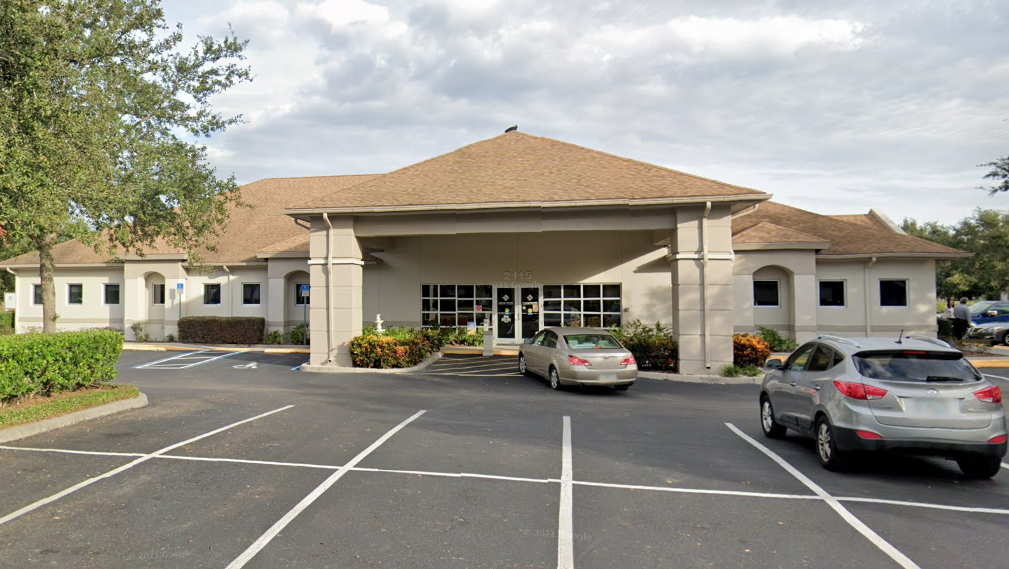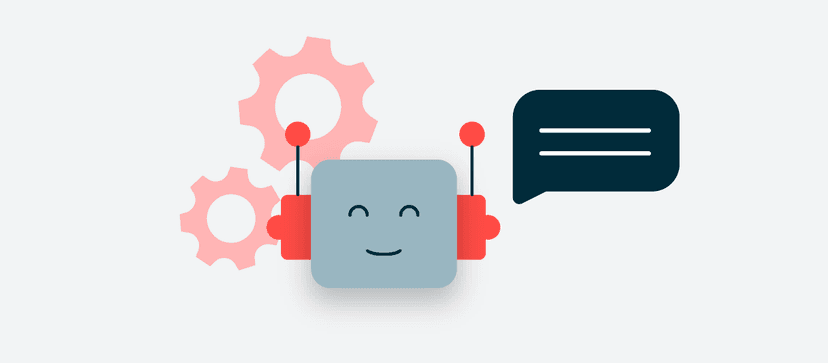You are at a multicloud method scheduling assembly. You see the community people, the cloud database team, the cloud safety group, even the finops people today, but no a single billed with protecting present mainframes or other older systems. Why?
Enterprises that are focused on creating the subsequent-era cloud methods, which are mainly multicloud deployments, don’t feel to want to include things like conventional techniques. Generally, “traditional” indicates most of the units now in the information center and normally operating 60% to 80% of the core company techniques, relying on the firm.
I don’t consider management is deliberately leaving persons out of the approach this is additional a reaction to the truth that this multicloud things is advanced adequate. It does not make feeling to make it much more intricate by including the more mature units in the scheduling.
By the way, enterprises are very likely intending to supply some facts from the legacy methods to the new or ported cloud-based units. These are to be loosely coupled integrations that are heading to be mostly outliers to multicloud functions.
I see the need to have to eliminate some of the complexities from multicloud organizing, contemplating that multicloud is a sophisticated dispersed architecture. Nonetheless, we’re lacking a large chance to get superior command about a layer of units and information that can advantage from net-new safety, facts administration, functions, and governance infrastructure that we’re creating in and between cloud-dependent units that are likely to be element of our multicloud.
My argument is that if you are working with adjustments in how core methods are managed in the cloud, it’s most effective to consist of legacy units in people changes, way too. This incorporates updating and upgrading security, functions, governance, etc., placing these cross-cloud providers around legacy units as properly.
This does a few crucial matters.
Initial, it simplifies functions considering that we’re using the exact same approaches and tools for both of those cloud and legacy programs. For illustration, you can improve to identification and access administration (IAM) programs that include a listing service that spans all cloud and legacy units, providing a one established of constant credentialing products and services for all systems, cloud and not cloud. This implies you are not working with distinct safety technology levels a solitary regular layer spans all applications, customers, and information storage techniques. This qualified prospects to extra expense-optimized operations, improved stability, and in general superior trustworthiness across all cloud and non-cloud systems.
Second, this lets you to suitable-measurement purposes much more quickly in the potential. If legacy techniques are previously operating as just a different cloud provider, then relocating that legacy application of knowledge sets to the cloud is a more simple and more danger-averse approach. This does not imply that it should shift, thinking about that you can operate the legacy method if you require to now. Nevertheless, it does suggest that you can relocate applications and data sets with a lot less value and danger than if they were a lot more loosely coupled and regarded unique universes entirely.
This is a term of caution extra than just about anything else. My anxiety is that numerous of you will head down the multicloud setting up route and find that leaving more mature devices out of the method won’t get you where by you truly want to go.
Copyright © 2022 IDG Communications, Inc.






